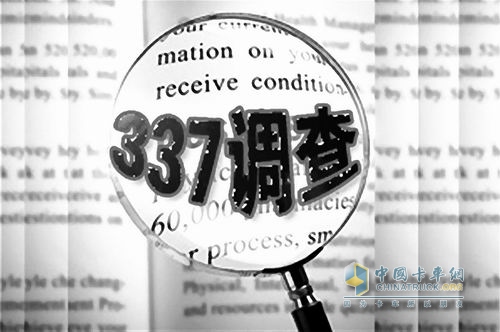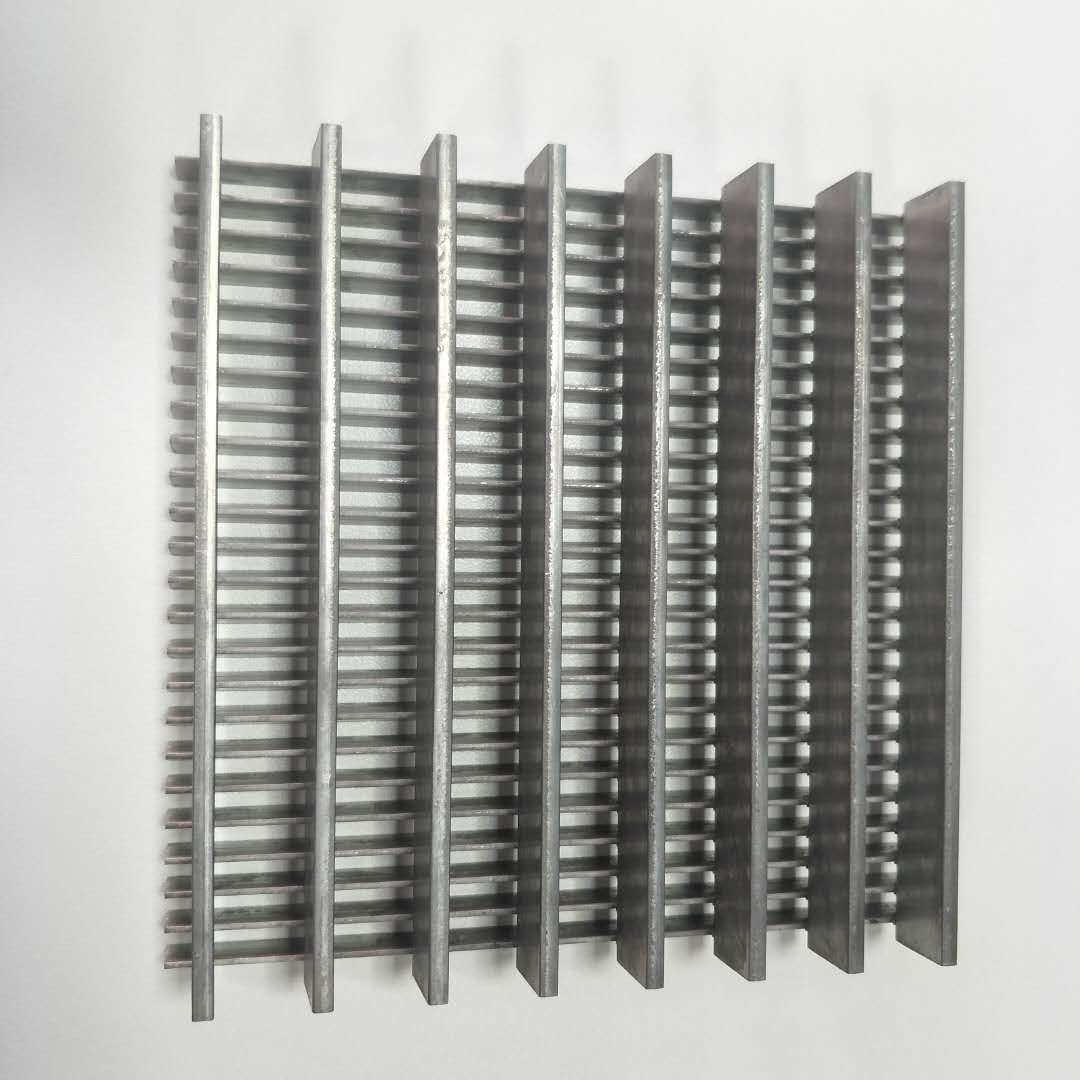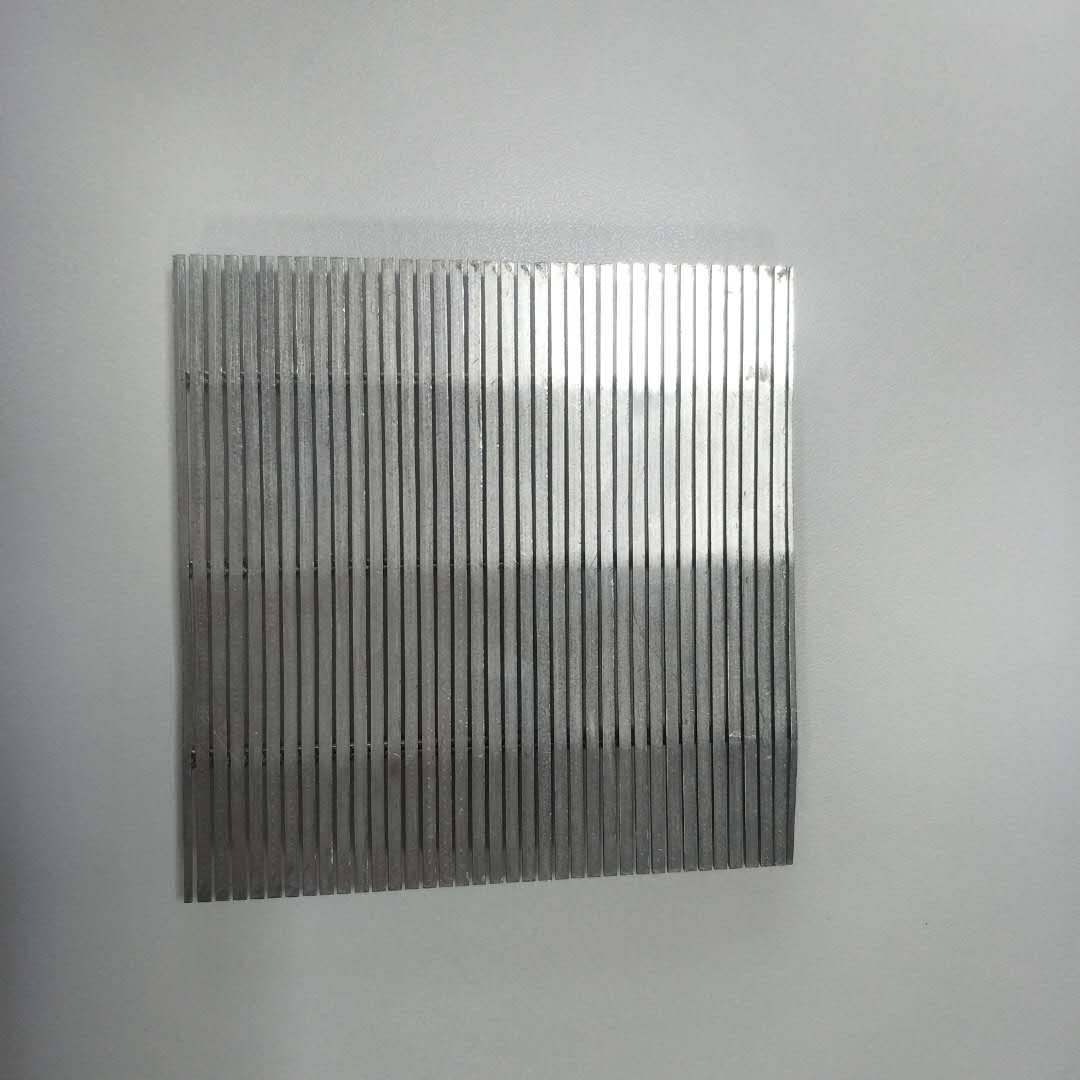Around the tires, companies in China, the United States, Japan, and Thailand in the U.S. market launched a fierce game that lasted six months. The outcome has already been successively divided, and the Chinese companies involved in the case have almost lost all. These companies were accused of infringing the tire designs of Japanese companies and were included in the US “337 Surveyâ€. Recently, Chinese companies have received orders from the United States Commission for International Trade (ITC) for a "ban on sale."
The prohibition ordinance stipulates that these companies involved and their affiliates, successors, managers and current employees will permanently prohibit the production and sale of imported tyres involved in the (coverage) restricted markets, as well as permanently ban the import and export of production and sales. This is a frustrating ending. In this international trade game, an equally involved Thai company received a nearly satisfactory ending. What is the secret of winning a Thai company? What experience do Chinese companies need to learn?

In this trade war, the Japanese company in the prosecution was a tire industry giant. The full name was Japan's Toyo Rubber Co., Ltd., or Toyo Rubber for short.
Things will also start from last August.
Last year, on August 14, US time, Toyo Rubber filed a 337 investigation with ITC for tire manufacturers in China and Thailand and their US distributors.
Seven tire manufacturing giants in China and one tire manufacturer in Thailand were accused of infringing design patents for multiple Toyo Rubber products.
According to public information, this institution, which was founded in 1945, has been listed on the two capital markets of Japan's Osaka Stock Exchange and the Nagoya Stock Exchange. In the Chinese market, in 2002, Toyo Tire (Shanghai) Trading Co., Ltd. was the sales company of Toyo Rubber Industries in China. In 2004, "Toyo Rubber (Guangzhou) Co., Ltd." was established in Guangzhou.
In fact, Chinese companies have experienced tire trade wars, which is no longer new.
Industry experts pointed out that on the one hand, this is related to the rapid development of the Chinese tire industry. With the development of the automobile industry, the proportion of Chinese tires in the global market is soaring. Small tires, large rubber products such as machinery and machinery in the international market, and automobile consumption as small as tens of thousands of households also incorporate futures and securities capital markets. The hegemony of various types of capital for market share in this area has long been filled with smoke.
In recent years, China's tire industry has developed rapidly and has leapt to the top of the world's tire export volume. In 2012 and 2013, China exported 150 million U.S. tires, amounting to more than US$7.1 billion, becoming the main competitor of Toyo Rubber in the U.S. market.
“The “tire special protection case†initiated by the United States in 2009 was just completed at the end of September 2012. It was investigated after one year, which will undoubtedly impair corporate confidence.†A responsible person of a tire company told reporters.
At the beginning of the lawsuit, Shen Danyang, the spokesperson of the Ministry of Commerce of the People's Republic of China, once told the media that since 2010, the number of US 337 investigations involving Chinese products has accounted for more than 40% of the total annual filings. In the “going out†process of Chinese companies, the Ministry of Commerce has been working hard to create a fair trading environment and actively safeguarding the legitimate interests of Chinese companies. At the time, it also publicly promised that the Ministry of Commerce of the People's Republic of China will continue to guide the 337 investigation of companies involved in the case and strive for favorable final results.
"The Ministry of Commerce is said to have follow-up response measures," said a company in Shandong, but he feels confused if he can recover the defeat.
The 337 investigation is a bill set by the United States in the field of international trade. Originated from the "Section 337" of the United States, which belongs to the United States' local "administrative relief" and provides that ITC is authorized to investigate and punish unfair trade practices in imports on the premise that companies in the United States have domestic industries.
The US attorney Mere explained that if any eligible company believes that the import of an imported goods infringes on its intellectual property, it may initiate a 337 investigation. If the company can prove that imported products do constitute infringement, ITC has the power to prohibit the import of the product into the United States. "In the past decade, the United States has initiated 337 investigations on Chinese companies in many industries, causing various trade barriers."
Differences in "Reconciliation"
After more than half a year, the result was that most of the four-nation companies ended in "reconciliation." But it is also reconciliation. China and Thailand have lost their disparity.
Several Chinese tire companies have received bans on the global market in succession. Not only that, they have to pay huge compensation. This means that Chinese companies involved not only have to pay huge claims for Japanese companies, their related products will also lose global markets, including the Chinese market. However, the Thai company involved in this case has only limited sales in the three countries. Not only does it not require economic compensation, but the 337 investigation of US companies in the sales chain has also been cancelled.
“What happened to this?†asked a person in charge of a company involved in the case in Shandong. The tone was urgent and he was frustrated with his own results.
According to a statement issued by the United States ITC, the survey involved seven Chinese companies including Shandong Weifang Shunfuchang Rubber and Plastic Co., Ltd. and Shandong Linglong Tire Co., Ltd., and 14 US companies and one Thai company, including the US Omni trading company.
According to relevant procedures, after the US International Trade Commission initiated the "337 investigation," the agency must determine the target time for the final award within 45 days and complete the investigation as soon as possible. Usually the case needs to make a ruling within one year.
What is worthy of attention and reflection from Chinese companies is that, under the same predicament, a Thai company involved has obtained the most favorable settlement, does not require a global ban on sales, and only agrees to stop selling tyres involved in a few countries, including the United States. Requires payment to Toyo Rubber Co., Ltd. for compensation. In addition, Toyo Rubber also agreed in writing that the Thai company could sell the designed tires in the United States.
From 2009 to 2012, the United States imposed a tariff of 25-35% on passenger cars and light truck tires imported from China. This resolution was called the tire special security case.
In 2013, less than one year after the removal of tariffs, the Chinese tire industry encountered another 337 investigation filed by Toyo Rubber.
According to official ITC official data, as the case progressed, many defendant companies waived their suits, and some companies quickly reached a settlement agreement with Toyo Rubber, agreeing to ban the sale of tyres involved in the world. Among them, US dealers have agreed to ban the sale of tyres involved in the world. This has made the tire manufacturers in China and Thailand very passive. This means that the lawsuit has just started and it has already lost the American market involving tires involved.
In addition, Toyo Rubber also filed a lawsuit against Chinese and Thai tire manufacturers in the United States Federal District Court for damages, which has added to the tire manufacturers in Thailand and Thailand. How to survive in predicament and safeguard one's own greatest interests is the biggest problem encountered by tire manufacturers in China and Thailand in this trade dispute.
Under the circumstances, the Chinese company South China Tire, Tri-Ace and a Thai company Svizz-One responded and responded, and other tire manufacturers abandoned their defenses and responded.
In contrast, the published settlement documents show that there is only one Chinese-Chinese company in Thailand that does not require a global ban on sales. The Thai tire production and sales company named Svizz-One only needs to stop selling tires in several countries and does not need to pay. Give Toyo Rubber Co. compensation.
In addition, Toyo Rubber also agreed in writing that the Thai company could sell the designed tires in the United States. On March 17, the person in charge of Svizz-One said in an interview with a reporter from the 21st Century Business Herald that “there is a feeling of remaining after a squad†and said that this is related to the active response to changing strategies. And roughly described the secret of this game.
Thailand's secret to winning
The responding party in the same case is also a settlement. Why did Thailand's Svizz-One successfully defend its rights?
The reporter checked the ITC official data and conducted an in-depth investigation and found that Svizz-One actually experienced twists and turns in this case. When Svizz-One just received the indictment, it did not respond to the case in a timely manner. Instead, it hired a large US law firm to spend a lot of legal fees and failed to negotiate with Toyo Rubber.
The commissioned agent is Meeley, a Chinese-American attorney of the United States and its managing partner. This is a team of lawyers who have represented several Chinese companies and successfully responded to them, among which the more well-known lawsuits include the 337 investigation case of Chinese enterprises' floor-to-floor leakage switch investigations.
"In the 337 investigation case, the respondent should first understand its own business goals," said Merrell of the Washington, DC, capital of the United States. If the U.S. market is important to the defendant company, it should begin research and development to circumvent the design product from the earliest stage of the suit, so as to ensure that even if the litigation result is unfavorable to the defendant’s involved product, it can preserve the U.S. market share by circumventing the design product.
In the 337 investigation, the United States was equivalent to forming a judicial team and the mobile courts for investigation were set up in Thailand, Hong Kong and other countries and regions.
Afterwards, Svizz-One changed its strategy and, nearly three months after the case began, hired a US-based law firm, Mei & Mark LLP, in Washington, DC, to act on the case.
In this case, after responding, Svizz-One actively participated in the defense, and its active and powerful defense is the most direct and effective way to exert pressure on the complainant, including irrefutable demands on the other party's irrational demands, and if necessary, he should initiate a proposal to the court. .
In addition, according to ITC official data, Svizz-One is the only respondent in this case who obtained the qualification for inquiring evidence from Toyo Rubber Japan witnesses. Many Japanese companies and their witnesses are very reluctant to be involved in litigation cases. Asking for evidence, Svizz-One’s move has exerted tremendous pressure on Toyo Rubber.
In addition, the Sivzz-One is the only respondent who opposed the Toyo Rubber Co.'s request for a general exclusion order from the court and continued to pressure and actively defend the Toyo Rubber Company.
According to a lawyer from Merle, this is a degree of certainty. There must be sufficient homework before the lawsuit. For example, the appearance of the tires is basically the same in the eyes of ordinary people. However, in the eyes of professionals, there are differences in small changes. How to make the judge aware of this, the other party's allegations do not necessarily win the lawsuit.
Attorney Merrex believes that at the stage of negotiation between the two parties, the negotiating party informed the other party of the powerful relationship and played an important turning point in this case.
Another key turning point is that in January of this year, Thai companies successfully applied to the court to obtain certification for Japanese companies. This made the Japanese side obviously feel the pressure and the initiative of the negotiations was obviously reversed.
Article Original Title: Response to "337 Survey" Domestic Tire Industry Lost to Thailand
Platelike Johnson Screen
Johnson screen is a v-type wire welding filter element developed by Johnson Company in order to solve the problem of solid-liquid separation. The surface wire is connected together with the support rods by welding.
The platelike Johnson screen is one kind of Johnson screen and can be made into different shapes (Johnson Screen Sieve Plate, Johnson Screen Support Grid, Curved Platelike Johnson Screen, Circular Platelike Johnson Screen and so on). Its filtration mode is filtering from the outside to the inside and filtering from the inside to the outside

The minimum slot opening of platelike Johnson screen is 25 um (0.001 inch) and the maximum slot opening platelike Johnson screen is 25 millimeter (1 inch).
The common material is 304, 321, 316 L, 904 L duplex stainless steel 2205, duplex stainless steel 2507, monel alloy.etc.
It is widely used in many fields, such as petroleum refining and refining industry, water supply and sewage treatment, pulp and paper industry, mining and sand processing, construction industry, food filtration, nuclear power and so on.
Well Screen,Platelike Johnson Screen,Ss Platelike Johnson Screen,Stainless Steel Platelike Johnson Screen
Xinxiang Shengda Filtration Technique Co., Ltd. , https://www.filtrations.nl